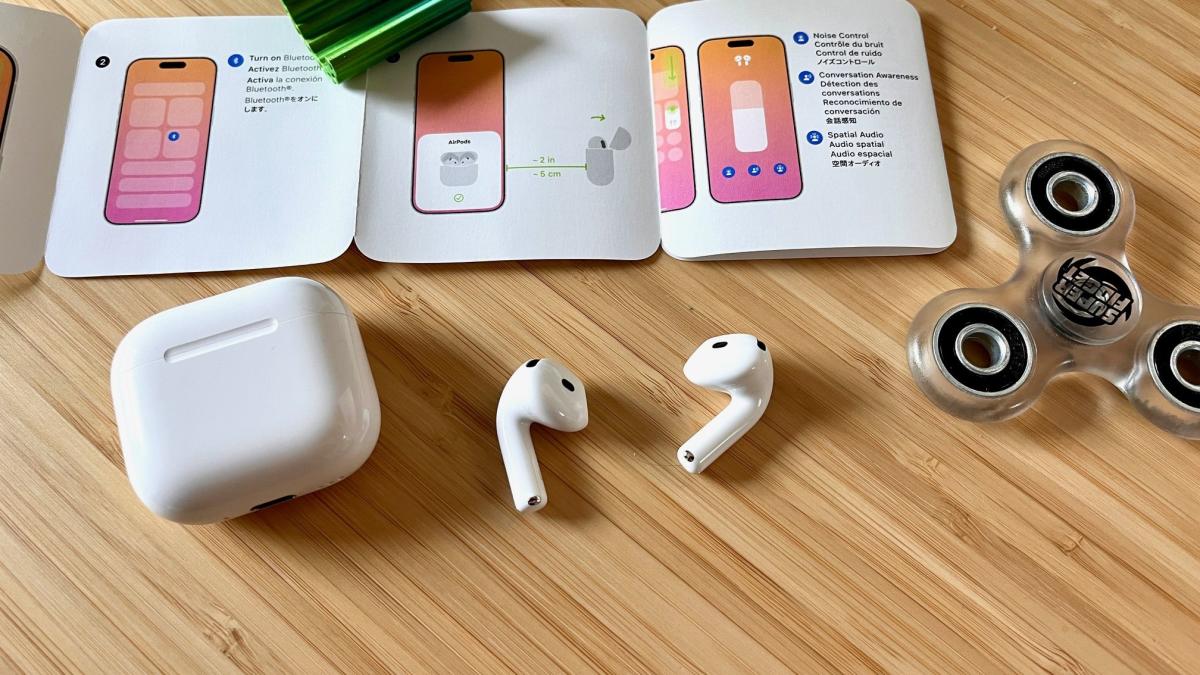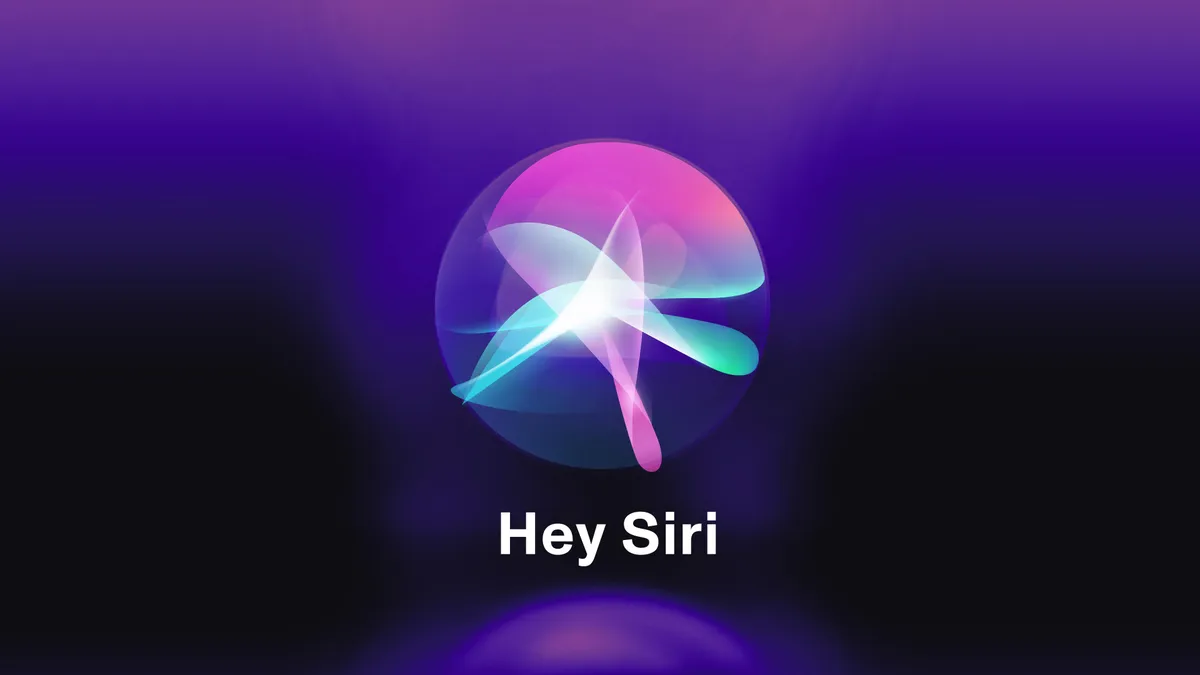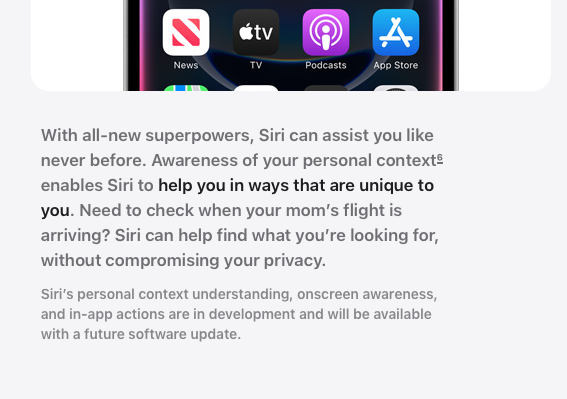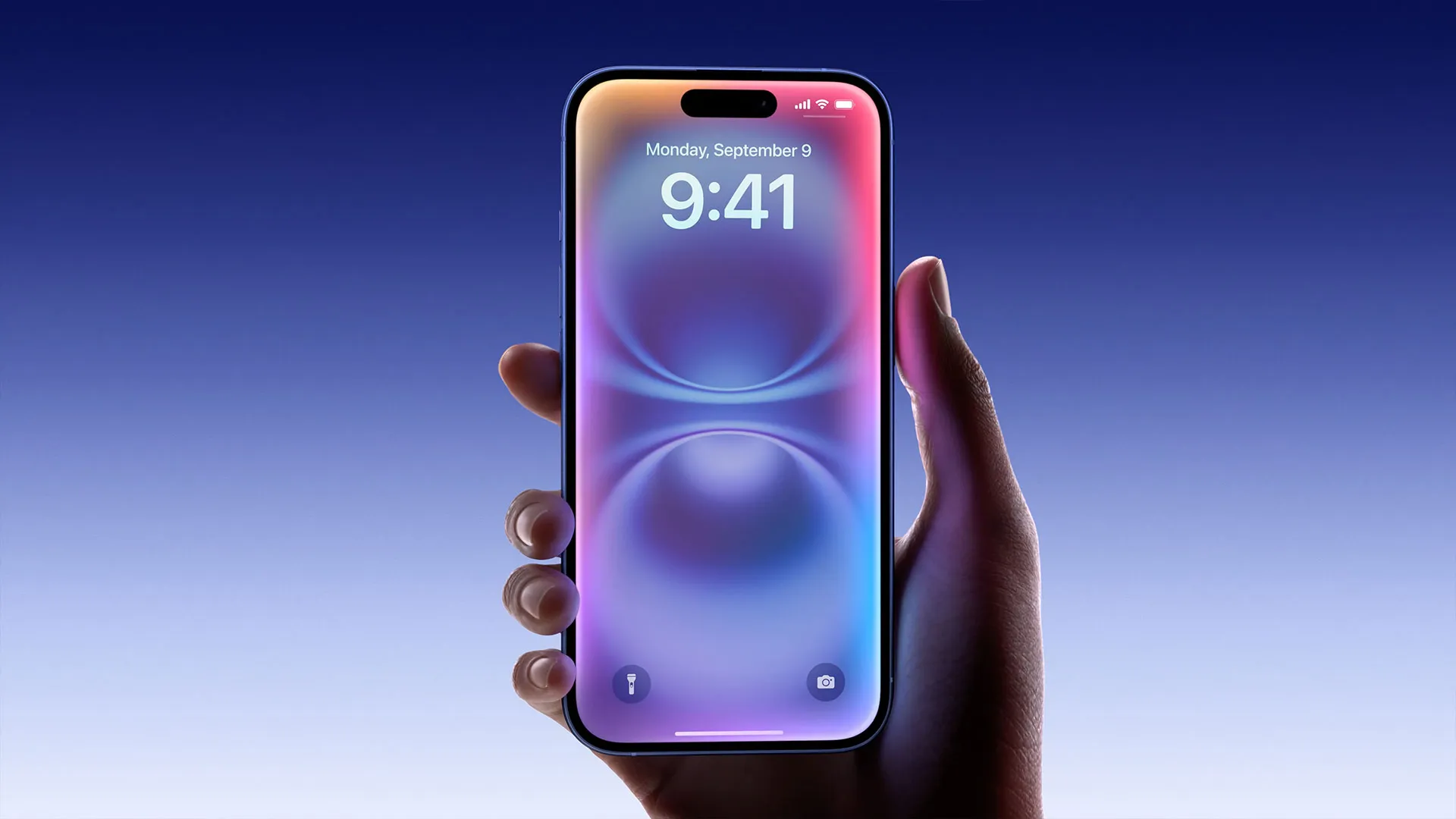Apple recently launched an updated test version of its Safari browser, called Safari Technology Preview 216, on April 3, 2025. This version is for people who like trying out new features early. It fixes some bugs, improves how the browser works, and adds fresh tools for those building websites. Anyone can download it from Apple’s website to test it on their Mac. This preview helps Apple make Safari better before the final version comes out.
On the same day, Apple also announced a special event for developers called WWDC 2025. It’s happening online from June 9 to June 13, plus there’s an in-person gathering at Apple’s headquarters in Cupertino on the first day. Developers who create apps for iPhones, iPads, Macs, and other Apple gadgets will join to learn about new tools and tricks. They’ll get a sneak peek at updates for iOS, macOS, and more. Apple wants to help them build smarter, faster apps.
The online part of WWDC is free for all developers, making it easy for anyone to watch. The in-person event, though, is special and only for a few lucky ones picked by Apple. It’s a chance to meet Apple’s team, ask questions, and try out new stuff in person. Developers can sign up on Apple’s site to join the fun.
Both the Safari preview and WWDC show how Apple keeps improving its tech and supporting people who make apps. The browser update is a small step, while the developer event is a big deal for the future of Apple’s products. Together, they keep things exciting for fans and creators alike!






